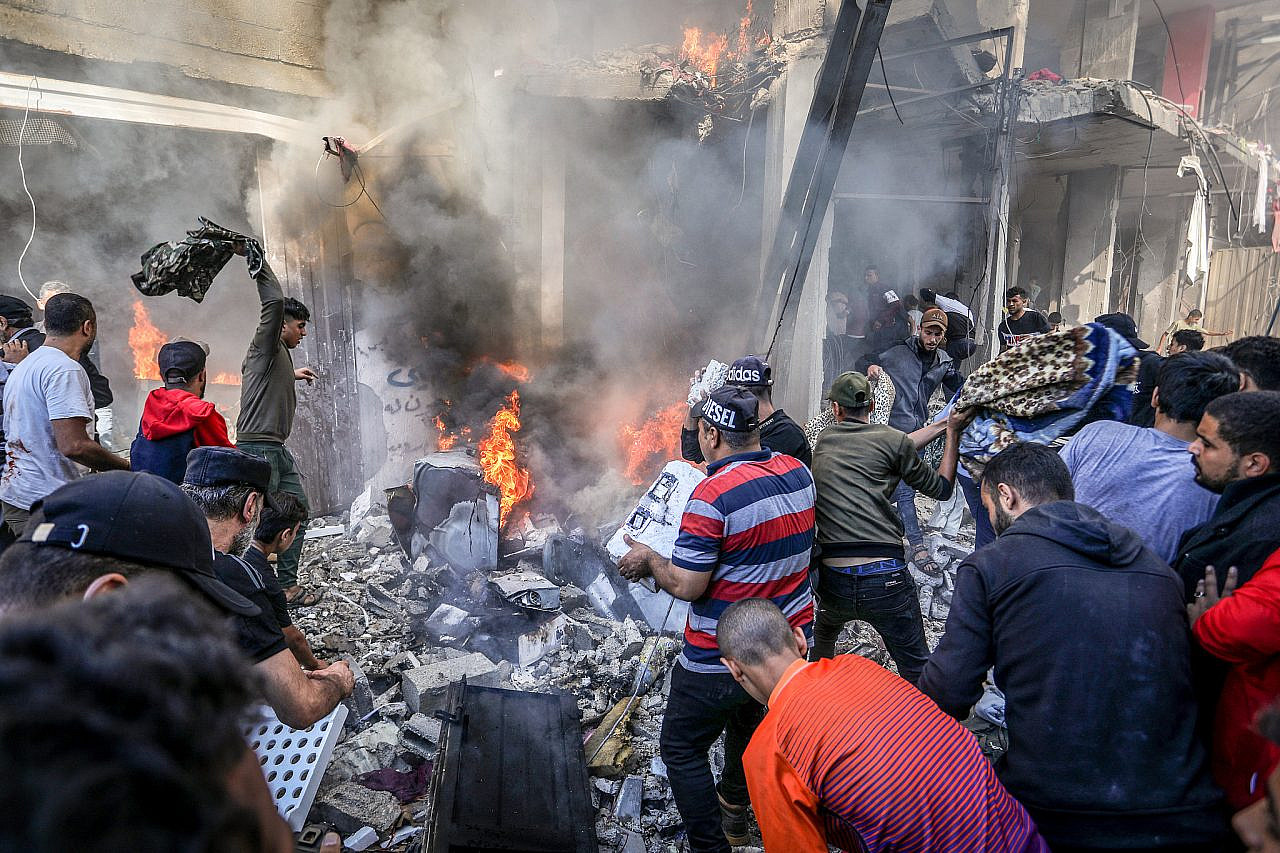 Private military and security companies (PMSC) are the modern reincarnation of a long lineage of private providers of physical force: corsairs, privateers and mercenaries. Mercenaries, which had practically disappeared during the 19th and 20th centuries, reappeared in the 1960s during the decolonization period, operating mainly in Africa and Asia. Under the United Nations, a convention was adopted which outlaws and criminalizes their activities. Additionally, Protocol I of the Geneva Conventions also contains a definition of mercenary.
Private military and security companies (PMSC) are the modern reincarnation of a long lineage of private providers of physical force: corsairs, privateers and mercenaries. Mercenaries, which had practically disappeared during the 19th and 20th centuries, reappeared in the 1960s during the decolonization period, operating mainly in Africa and Asia. Under the United Nations, a convention was adopted which outlaws and criminalizes their activities. Additionally, Protocol I of the Geneva Conventions also contains a definition of mercenary.
These non-state entities of the 21st century operate in extremely blurred situations, where the frontiers are difficult to separate. The new security industry of private companies moves large quantities of weapons and military equipment. It provides services for military operations, recruiting former military as civilians to carry out passive or defensive security.
However, these individuals cannot be considered civilians, given that they often carry and use weapons, interrogate prisoners, load bombs, drive military trucks and fulfill other essential military functions. Those who are armed can easily switch from a passive-defensive to an active-offensive role and can commit human rights violations and even destabilize governments. They cannot be considered soldiers or supporting militias under international humanitarian law, either, since they are not part of the army or in the armed forces chain of command, and often belong to a large number of different nationalities.
PMSC personnel cannot usually be considered to be mercenaries, for the definition of mercenaries as stipulated in the international conventions dealing with this issue does not generally apply to the personnel of PMSCs, which are legally operating in foreign countries under contracts of legally registered companies.





 The United States will mark the 84th anniversary of the Japanese attack on the U.S. naval...
The United States will mark the 84th anniversary of the Japanese attack on the U.S. naval... In 2021, a book titled “The Human-Machine Team: How to Create Synergy Between Human and Artificial...
In 2021, a book titled “The Human-Machine Team: How to Create Synergy Between Human and Artificial...:focal(1285x1016:1286x1017)/https://tf-cmsv2-smithsonianmag-media.s3.amazonaws.com/filer_public/d1/4e/d14ed238-3b62-4506-9f53-fc2178dade60/nov2025_d17_prologue.jpg) In the fall of 1945, a bit more than six years after Nazi Germany invaded Poland...
In the fall of 1945, a bit more than six years after Nazi Germany invaded Poland... The last plane carrying U.S. forces left Afghanistan on Monday, meeting an Aug. 31 deadline to withdraw...
The last plane carrying U.S. forces left Afghanistan on Monday, meeting an Aug. 31 deadline to withdraw...






























